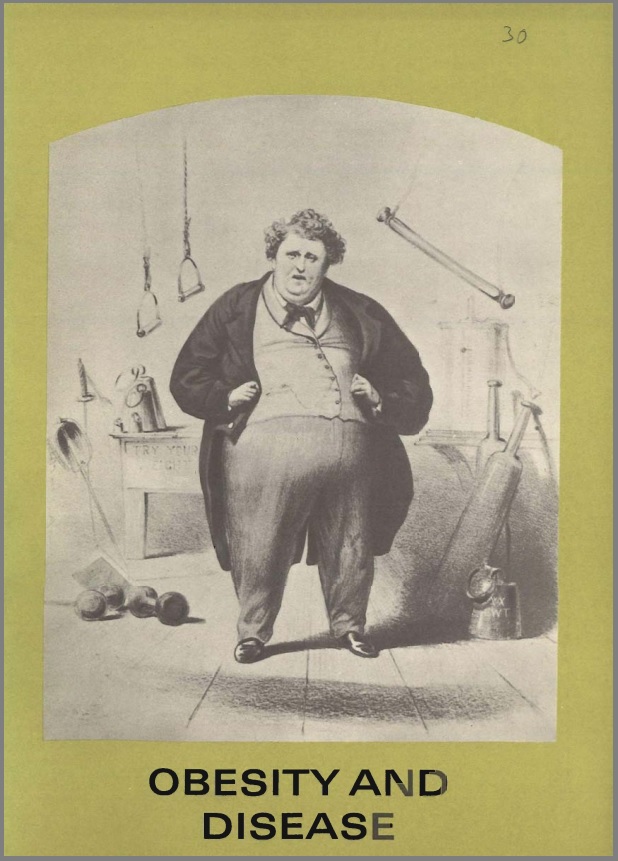Sign up to our newsletter Subscribe
Analysing Global Immunisation Expenditure

Attitudes towards the ‘ideal’ weight vary both from society to society and also over time. In many societies, large size and a big appetite are equated with health. In Tunisia and other parts of Africa, young girls are fattened-up for marriage, and the…
Attitudes towards the ‘ideal’ weight vary both from society to society and also over time. In many societies, large size and a big appetite are equated with health. In Tunisia and other parts of Africa, young girls are fattened-up for marriage, and the chieftain’s prestige may be judged as much by his girth as by the number of his wives or children. The late Aga Khan, leader of the Mohammedan Ismailo Sect, was weighed every year on his birthday and if he had gained in weight he received gifts in precious stones and metals to the same amount. The African explorer, Speke, in the nineteenth century came upon the harem of the King of Karagwe whose ‘wives were so fat that they could not stand upright, and instead grovelled like seals on the floors of their huts. Their diet was an uninterrupted flow of milk that was sucked from a gourd through a Straw. If the young girls resisted this treatment, they were force-fed like the pâte de fois gras geese of Strasbourg.
Obesity and disease
